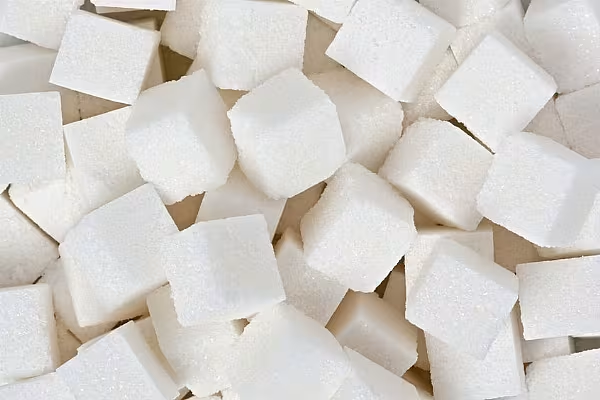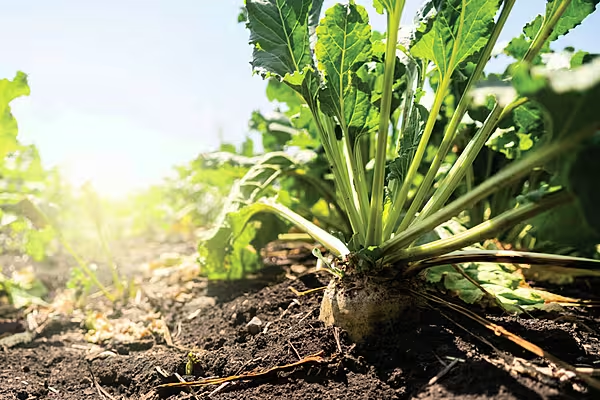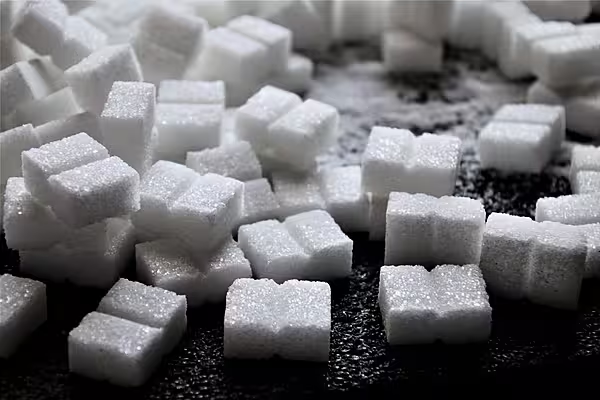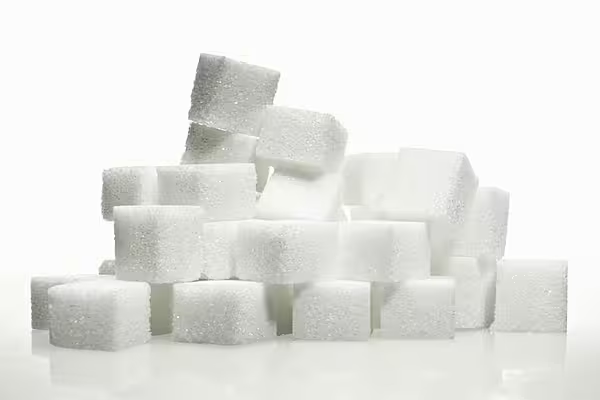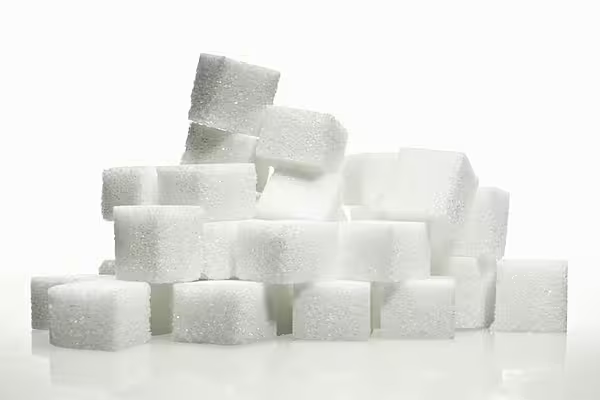Who would have thought a lack of credit could turn out to be a blessing for Brazil’s most indebted sugar mills?
Without financing to make forward sales of sugar, companies including Grupo Virgolino de Oliveira and Nova Aralco Indústria e Comercio SA have been forced to sell on the spot market. But something that might have been risky has instead enabled them to take full advantage a price rally of more than 50 percent so far in 2016. In contrast, most of the biggest Brazilian producers have missed out, having already hedged most of this season’s crop at prices at least 30 percent less than current levels, according sugar and ethanol researcher Kingsman SA.
"In the end, we were lucky," Joamir Alves, chief executive officer of Grupo Virgolino de Oliveira, or GVO, which owns four mills in Sao Paulo state, said in an interview.
GVO was one of the Brazilian millers that suffered during an earlier period of sugar surpluses and a government move to cap gasoline prices, which reduced demand for ethanol. Since 2008, about 120 mills in Brazil, or 30 percent of the total, have experienced severe problems including bankruptcy, according to industry group Unica. GVO missed a payment on $735 million in bonds in January 2015 and is still in talks with creditors.
4-Year High
Sugar has recovered since then to become the best performer so far this year on the Bloomberg Commodity Index amid forecasts that global demand will exceed production for a second year. Raw-sugar futures in New York hit a four-year high on Sept. 29. The contract for March delivery closed at 23.11 cents a pound on Thursday.
Most of Brazil’s largest suppliers hedged their output at 14 cents to 17 cents, Claudiu Covrig, a senior analyst at Kingsman, said Tuesday during a presentation that was part of London’s Sugar Week. For example, Raizen Energia SA hedged in the first half of the year at an average price of 14.1 cents. Raizen Commercial Director Ivan Melo declined to provide an update on its hedging program.
GVO has so far sold 80 percent of its estimated 400,000 metric tons of its annual sugar production at an average of 19 cents a pound, Alves said. While GVO’s $300 million in bonds due in 2018 are still severely distressed, trading at just 6.75 cents on the dollar on Friday, the price is still up sixfold over the past year. USJ Acucar e Alcool SA, another producer, saw its 2021 notes jump 19 percent to 81 cents on the dollar since May, when it restructured its debt in a deal that S&P Global Ratings classified as a default.
The struggling mills may now deleverage much faster than many expect, according to Raizen’s Melo.
"After several years with low pricing, the large groups had been hedging to take advantage of opportunities to lock in reasonable margins for their businesses this year," he said in an interview last week. "The market has gone way above those reasonable margins."
News by Bloomberg, edited by ESM. To subscribe to ESM: The European Supermarket Magazine, click here.
